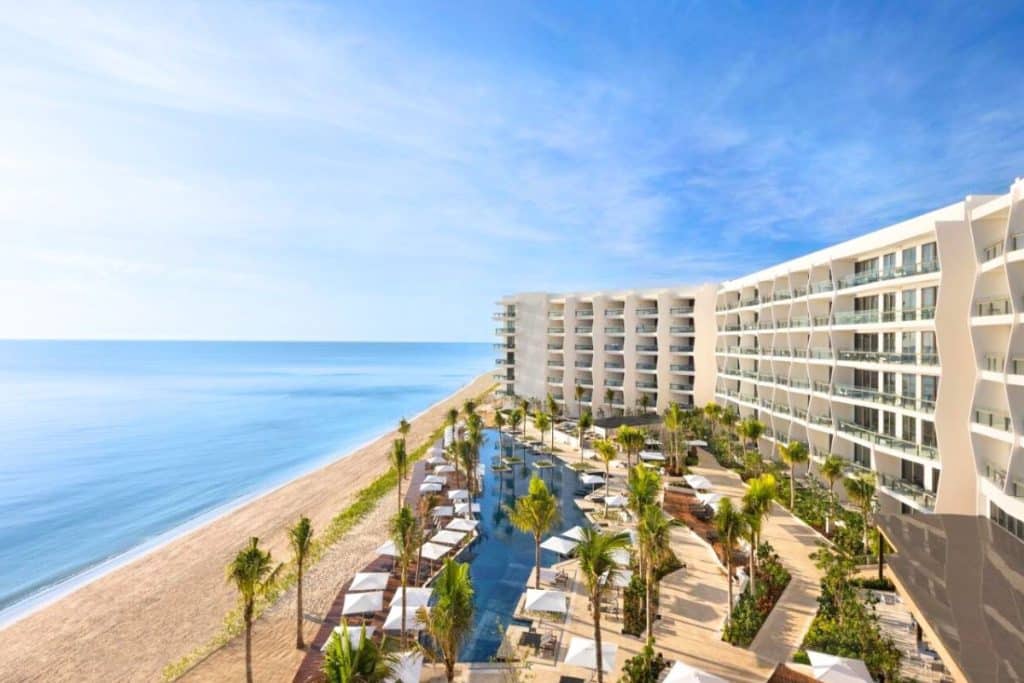Cancun ends the year with unprecedented figures when selling apartments in high-rise developments, especially short-term rentals through platforms such as Airbnb. These new developments are designed to provide a wealth of services and amenities in a compact space, creating micro-cities. especially in the southern regions of Cancun and in Quintana Roo
The recovery began in 2021 following the aftermath of the pandemic and will continue to gain momentum thanks to extensive public investments in projects such as the Mayan Train, the Nichutpé Bridge and the renovation of Colosio Boulevard.
Edgar Karim Domínguez, vice president of institutional relations of the Mexican Association of Real Estate Professionals (AMPI) in Cancun, said: “Cancun is experiencing significant growth, especially along Colosio Boulevard. Numerous real estate projects are being carried out by developers from Monterrey, Guadalajara and Mérida. They are all investing in Cancun to create large-scale projects with numbers ranging from 1,300 to 800 apartments, all focused on short-term rentals.”
According to Domínguez, Cancun alone reported the sale of 622 vacation rental apartments in mid-year. That number is expected to double by the end of the year, which would be an all-time record for local apartment sales and one of the highest figures among mid-sized cities in the country.
This increase in the real estate market can be seen not only in Cancun, but also in cities such as Tulum and Playa del Carmen. However, Cancun is expected to experience exponential growth. as the population grows at 3.5%, almost double the national average, said INEGI. This demographic growth indicates a growing market, not only for tourism, but also for new residents in need of housing.
Miguel Ángel Lemus, President of the Regional AMPI of the Yucatán Peninsula, attributes the interest in real estate to the construction of the Mayan train, which has increased real estate activity in several Quintana Roo cities, including Cancun, Tulum and Playa del Carmen, all of which have increased in importance as a result.
Of the total real estate infrastructure investments expected this year, approximately $2.5 billion is earmarked for hotels, while another $5 billion is earmarked for residential construction.





